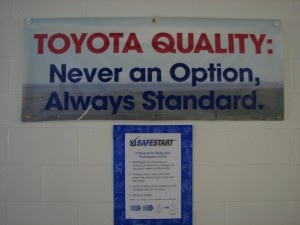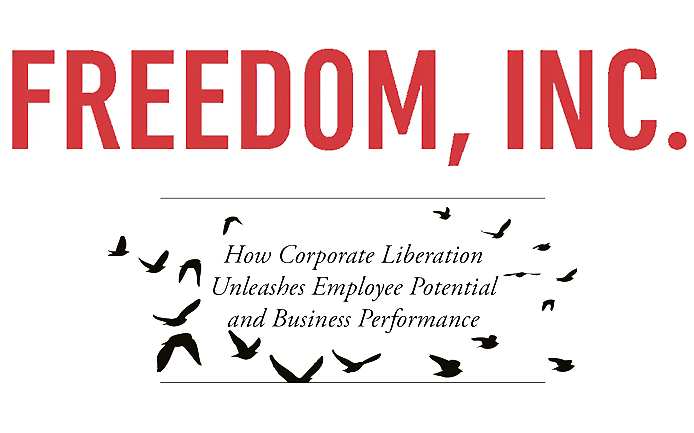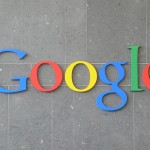 Toyota Way and Win: “Good enough never is” + “Respect for people”
Toyota Way and Win: “Good enough never is” + “Respect for people”
Here’s what we think about Toyota’s latest crisis:
- They handled the PR crisis management badly, not being open enough fast enough and not giving a full meaning to their act. Because they care about their clients and manage through results—instead of through excuses—they are recalling with no hesitation millions of vehicles in the US for a dysfunction that presents no proven safety danger.
- Cars are so complex that every manufacturer WILL have sooner or later its own black swan (cf. Taleb’s book “Fooled by Randomness”): believing that it only happens to others is a fallacy of non-probabilistic thinking.
- Toyota had the best quality industrial processes and culture in cars. This accident will only bring them to tear apart a lot of great stuff and redesign it to make it even greater. Competitors will stay even further behind because they aren’t doing anything comparable for the moment: they are too busy laughing and trying to steal Toyota’s clients (thinking that a customer who came to you thanks to a bribe will not leave on the first occasion sure is a strange strategy).
- Like Apple which for a long time wasn’t so much a computer firm but more of a religion, Toyota, to its many owners, is a religion too: owners are irrationally attached to the brand.
The latest first page craze of “Toyota-bashing” is the envy of the first-in-class who slipped for the first time.
To sum up, it’s a good time to buy Toyota’s stock.
We still have a major criticism about Toyota but it has nothing to do with the current crisis. They should apply their “respect for people” all over the company stop dividing it into two parts:
- “Motors”: a single-status organization built on the total respect and autonomy of the front-line people (team-members)
- “Sales”: a hierarchical organization built on a traditional approach both to sales people and customers
We think that if Toyota built its sales branch on the same principles and values than its industrial branch it would be even more formidable.
Read also a fine WSJ article on the subject by Holman W. Jenkins here.








The TOYOTA Way is an outstanding publication. As Dr. Liker says, Cultural Change through the involvement of all people (from top leadership to floor operators)is a key factor in transforming an organization to Lean. The Iceberg Model of TPS on page 299 (figure 22-3) says it all. How do we take all of the concepts in the book and make them happen in our organization? One way to engage more people is to establish a TOYOTA Way Discussion Group or Book Club. Start with volunteer participants and meet for about an hour each week. Before the meeting, agree on the section of the book to be discussed, and ask each member to describe what it means to them and what they can do to implement the concept in their organization. They will also be able to ask for help and support from other organizations represented in the meeting. This promotes teamwork and understanding. If any of the concepts are difficult for them to understand, have other participants explain what it means in their terms. This really promotes hands-on learning. It helps to have an experienced lean advisor available to handle the tough questions. If there are some individuals who are struggling with the concepts, this is a great process to help them understand.